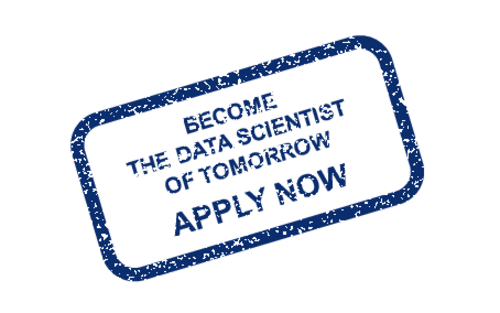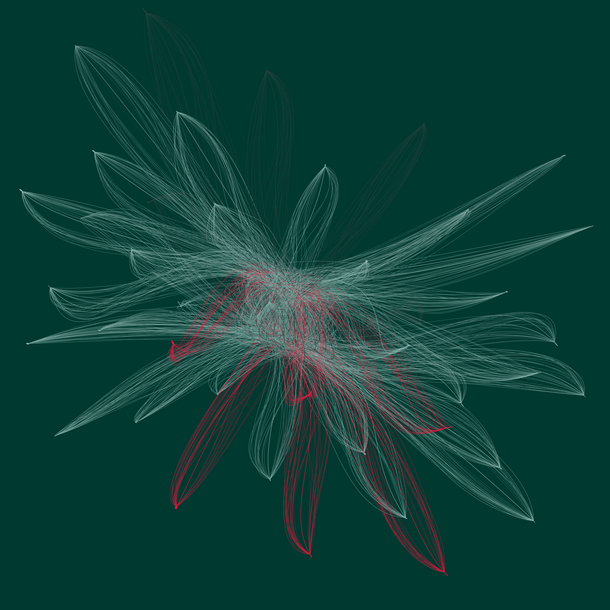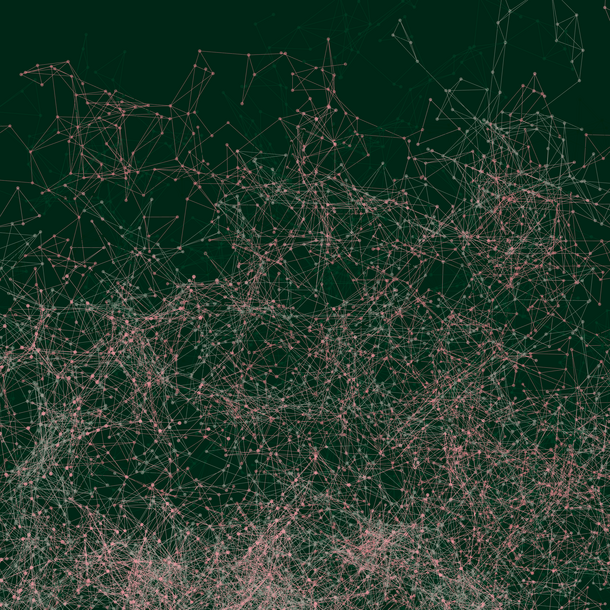The application tool is currently closed. Please see here for the application schedule.
The Munich School for Data Science (MUDS) has open PhD positions for students with a background in computer science, data science or similar, or one of the domain sciences biomedicine, plasma physics, earth observation and robotics with a very strong focus in computer science, data science or similar, or interdisciplinary study programs combining both (e.g. geoinformatics, bioinformatics).
MUDS is a joint initiative of the three Helmholtz centers in the Munich area (Helmholtz Zentrum München, Max Planck Institute of Plasma Physics, German Aerospace Center) with the Ludwig-Maximilians-Universität München (LMU) and the Technical University of Munich (TUM) as well as with the Leibniz Supercomputing Center (LRZ) and the Max Planck Computing and Data Facility (MPCDF), and works together with an increasing number of industrial partners.
The aim of MUDS is to train doctoral candidates at the interface of data science and the scientific domains pursued at the three participating Helmholtz centers. Methodologically, it covers a broad range of topics, from large-scale data management to data mining and data analytics (including machine learning and deep learning), from high-performance computing to high-performance analytics; from data integration to data-related topics such as uncertainty quantification, model-order reduction, or multi-fidelity methods. The primary fields of application are biomedicine, plasma physics, earth observation and robotics. Consequently, a MUDS student will learn to
(i) develop and adapt state-of-the-art methods from data science and
(ii) apply the acquired knowledge to the research domains of the respective Helmholtz centers.
Our goal is to establish an internationally visible graduate school that attracts excellent candidates who are interested in interdisciplinary training specifically tailored to the needs of their individual projects. Their research will be accompanied by scientific and transferable skills workshops, summer schools and events, as well as an international lab research stay, enabling them to become the outstanding data scientists of tomorrow.




